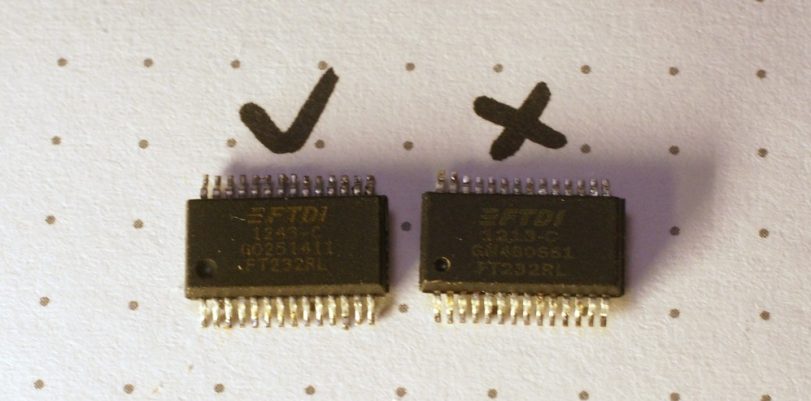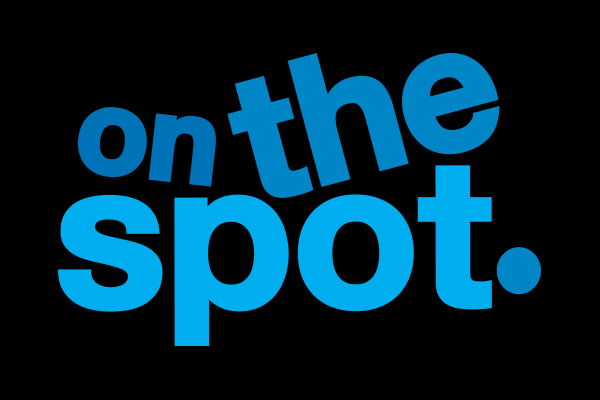In 2013 we learned thanks to Edward Snowden that the US National Security Agency and the UK’s GCHQ were (and most likely still are) spying on most internet users around the globe through their PRISM program. A scandal that triggered a lot of international debates about digital privacy and security.
Last year, the UK legalized the bulk collection of data, which is a euphemism for mass surveillance over digital media. This allows their surveillance agencies to collect what they call “internet connection records”, which include every website every citizen visits for up to a year, the metadata of their calls and the apps they use on their phone. Information that has to be provided willfully by British ISP, basically legalizing surveillance activities that aren’t legal even in the US (but are, nevertheless, still practiced).
On top of all of this, the recent attempts by the US Federal Communications Commission to basically dismantle net neutrality and allow US ISPs to sell user information without their permission, make it seem that we’re living in a sci-fi dystopian future where privacy has been deemed unnecessary. Your personal information should be one of your most precious belongings. It can be the difference between a good and a bad reputation, and it could be used by criminals to threaten you if the right information is taken.
Despite this, nobody seems to care about it being sold to advertising companies, making it vulnerable to attacks from hackers and cybercriminals who might be stealing your banking information at this very moment. For this reason, every day more and more people are taking action on this matter with their own hands, using multiple tools to claim back their privacy.
Preventing surveillance from reaching you and protecting your private information from the ill-intentioned is not an impossible task. At first, it may seem like it is too complicated, but the truth is that in most cases, all you’ll ever need to protect yourself is installing a VPN client on your computer.
What’s a VPN?
In case you’re not familiar with the term, VPN stands for Virtual Private Network. These networks basically put a mask on your internet traffic by routing it through a number of servers on their way to websites and back. This way no one can trace your activity, hiding you effectively from the surveillance apparatus created by the first-world countries.
As you might expect, VPN services are all the rage right now. Ever since the events involving Snowden and the NSA, the amount of VPN service providers has multiplied throughout the world, drawing a positive landscape of the fight against surveillance.
However, and as it could be expected, many people are trying to get an advantage of this situation, fooling those who don’t fully understand the technology behind VPNs and are desperate for protecting their valuable information. Many fake VPN service providers have popped up along the real ones and this is causing a serious crisis that only makes the situation more difficult.
How to Spot Fake VPN
Fortunately, scammers don’t put much effort into pretending they’re real service providers. There are plenty of ways in which you can spot fake VPN service provider and save you the frustration of hiring a service that does nothing, or worse, makes you even more exposed than you initially were. Here you’ll find some tips on how to tell if you’ve met with a scammer VPN service:
Excessive use of superlatives
Most fake providers tend to tout their VPNs as the most private and the fastest available in the market. Most of these claims can be easily verified with a google search.
There are many websites dedicated to measuring the quality of VPN services in different aspects. If the claims of such a provider were to be true, then their VPN would show up at the top of the lists in these websites. If you don’t seem to find it anywhere on these sites, then chances are you’ve managed to spot fake VPN.
Social media presence
Every serious business nowadays has to have a minimum amount of presence in social media in order to survive. If you can’t seem to find the VPN provider in any major social network, don’t bother considering it. Even if they’re not scammers, not having a Twitter account says a lot about a company these days, you can do better.
Fake reviews
Before you adopt any VPN service, try to find any reviews about it outside of their website. Like we said above, there are many sites dedicated to testing and reviewing VPN services and even the bad ones should have a review somewhere on these sites if they’re legitimate. Fake VPN services tend to include fake reviews inside their websites to make it seem like they’re real, so don’t fall for this.
Customer support
All reliable companies have a customer support of some kind. If you can’t seem to find any way to contact the support service or if they don’t answer after a reasonable amount of time, it is a signal that this is not a legitimate VPN service provider and you should move on.
Free Service
Many VPN providers have some sort of trial mode in their software to let their users experiment the service before engaging in any subscriptions. This is a common practice, but none of them will provide a complete service for free without a catch.
While it may not necessarily mean they are fake, a free service might mean that the price of the service is not measured in money. A clear example was Hola, formerly a free VPN service that got caught selling their users’ bandwidth to third parties.
No refunds
Just like some providers offer a trial period with their software, a lot of them will also offer some sort of money-back guarantee that may range between a week and the first few months of service. This gives you the chance to try their full service before making the final judgment and recover any investments you’ve made if you’re not satisfied with the outcome. We strongly advise you not to hire any service that doesn’t feature any refund policies this is a good way for fake services to run away with your money.
What to Expect from a Good Service
Making sure the service you’re hiring is real is only the first step when you’re adopting a VPN. If you’re really concerned about your privacy, you should make sure the VPN you’re using has all the perks you need to remain hidden from surveillance and other threats.
Proficient service providers, will always put your privacy first and should pose no limit on the speed or the bandwidth of your connection. Most will let you choose from a wide list of servers distributed around the globe so region block doesn’t become a problem.
If the service is really good, like the one provided by TorGuard, then they’ll use the right security protocols and allow for other kinds of connections like P2P, without ever keeping any logs about your activity. This prevents surveillance agencies from getting any user information if they ever get to seize any of your provider’s servers for whatever reason.
Conclusion
With the way, the world is right now, finding ways to protect your private data has never been more urgent. While VPNs are in fact the best way to do it, making the right choice might not be an easy task and could even end up compromising your privacy even more.
Just remember to be careful when you’re choosing the service you’re hiring and have a bit of common sense. And if you’re really concerned about getting the best out of it, take your time to spot the differences among providers and choose the one with the features that fit you the best.


